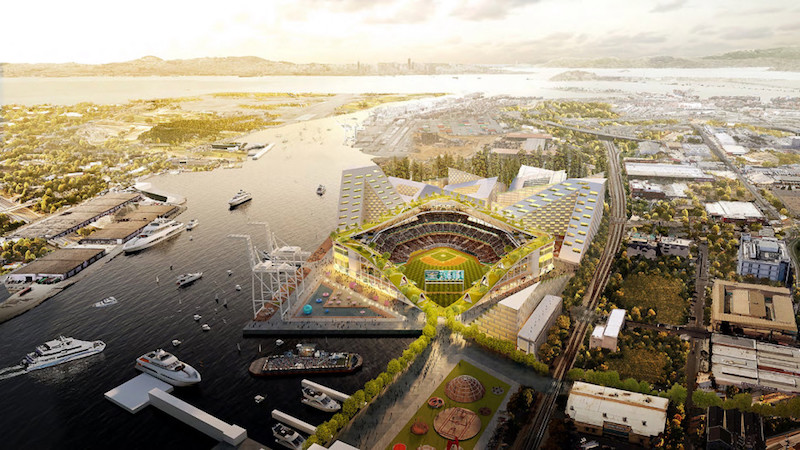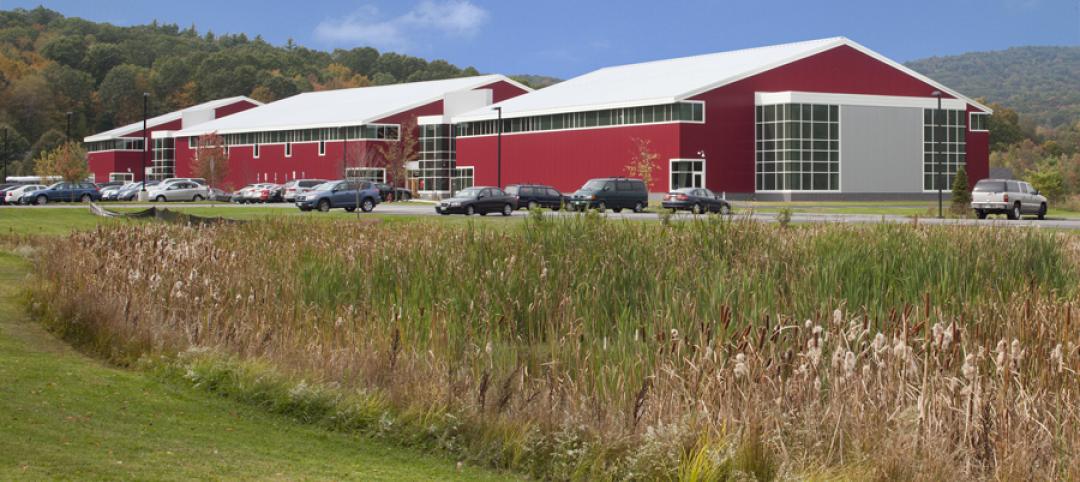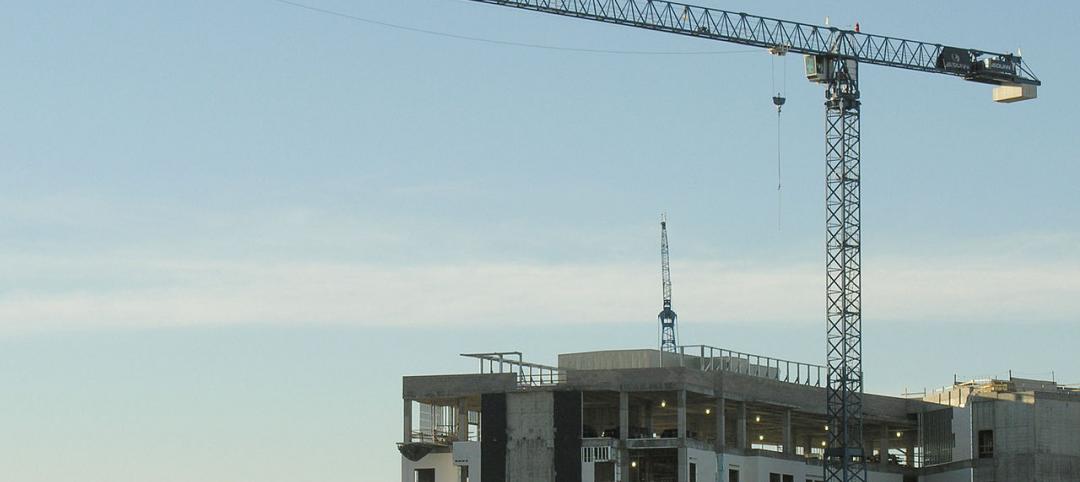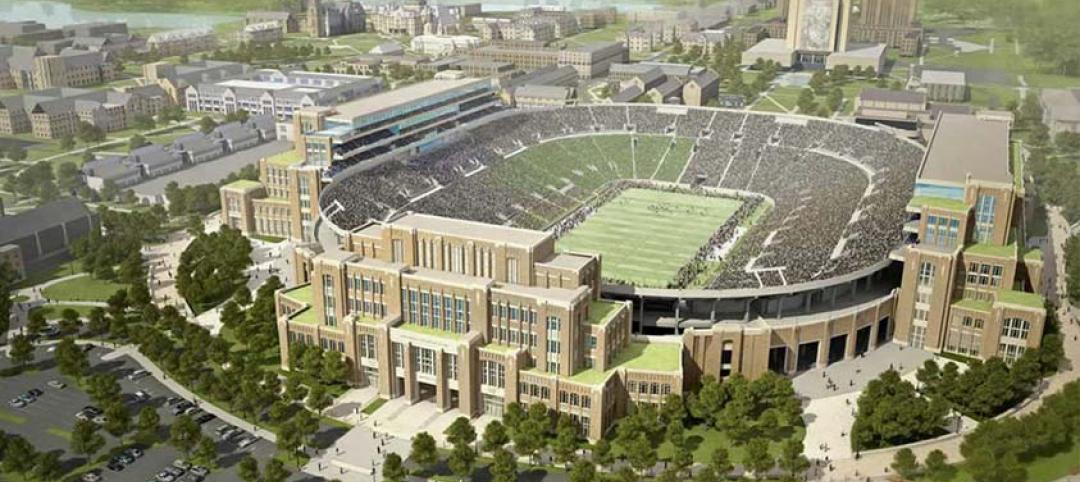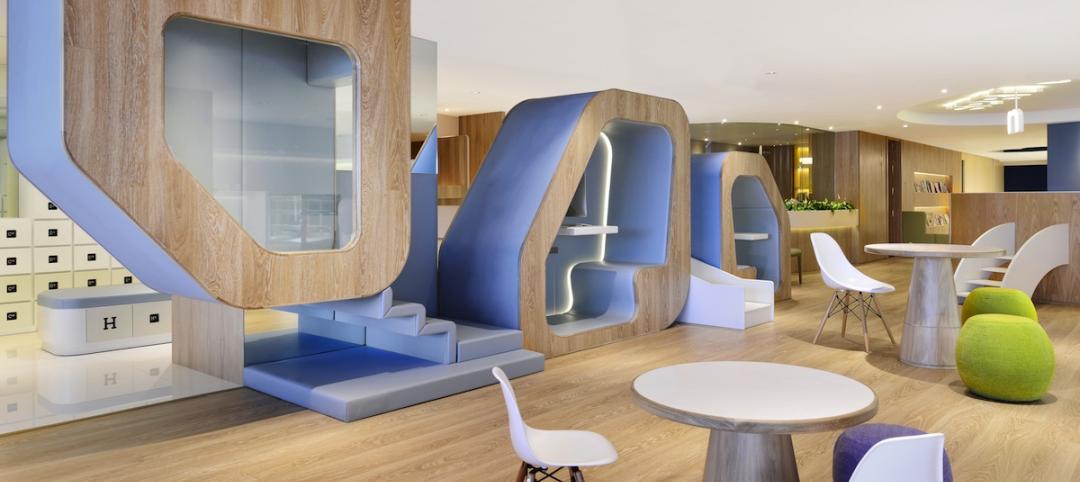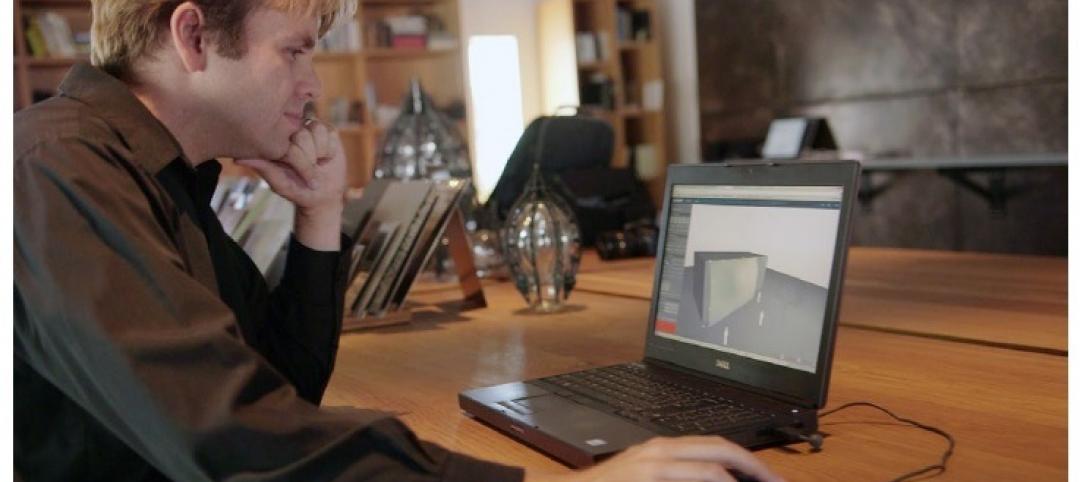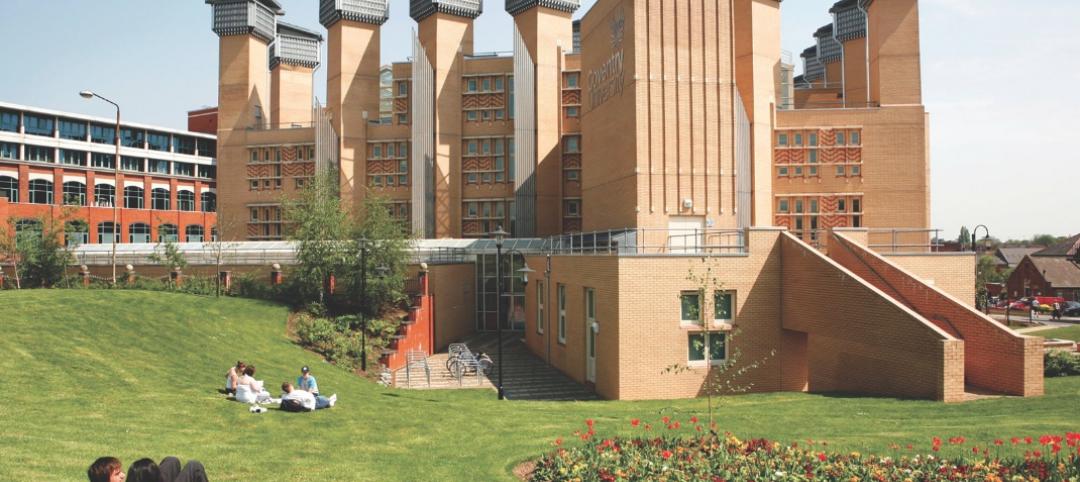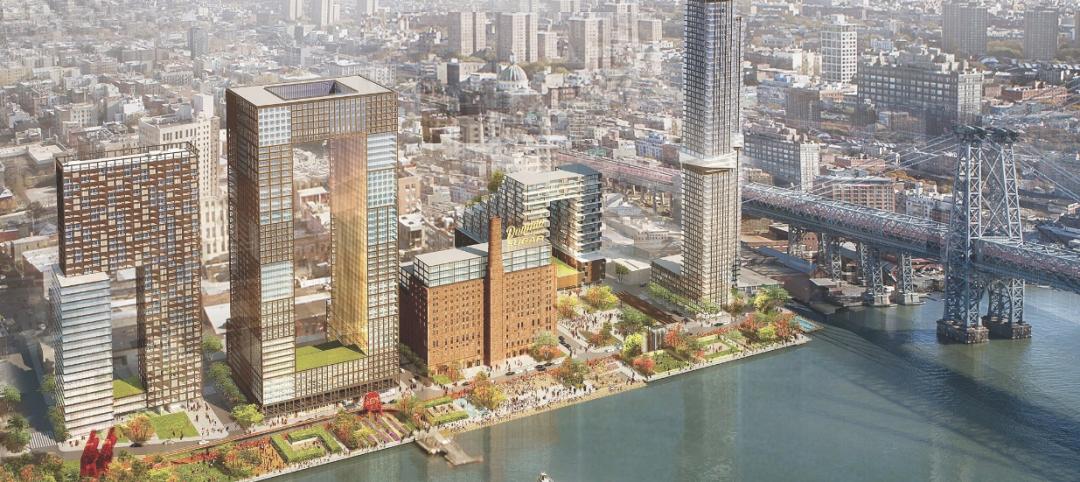The Oakland A’s have recently announced plans to build a next-generation urban ballpark at Howard Terminal that “returns the baseball experience to the roots of the sport, while reimagining the ballpark anew.”
The overall design takes on a “ballpark within a park” design as the stadium will be tucked into its surrounding urban setting. The square block of the ballpark district will sit within Oakland’s greater urban fabric. The ballparks concourses will be transformed into streets and its concessions into restaurants.
The new stadium has a planned capacity of about 34,000 people, which includes fixed seats and general admission experience areas. To create the most intimate experience possible, the seats and general admission locations will be arranged in the closest configuration possible to home plate.
An elevated park will wrap and frame the bowl and connect the stadium to the waterfront, and an elevated tree-lined park will frame the stadium on all sides and dip down to meet the public square and open the field to water and city views. This park will connect a collection of social spaces that will be open on both game days and non-game days. The new stadium and park is being privately financed and slated for completion in 2023.
Additionally, the team will take on a second project to repurpose the current Coliseum site by pulling the adjacent neighborhood fabric into the site and create new economic, cultural, and recreational opportunities. The preliminary plans include a large park that will be surrounded by new housing, which will include affordable housing, a skills center, community gathering space, office and retail developments, and restaurants. The Oracle Arena will be repurposed as a concert and cultural events center and the original Coliseum baseball diamond will be preserved and included as part of the park.
See Also: Watch a time-lapse of Wrigley Field’s most recent phase of renovations
The A’s will now begin a “120-Day Action Plan” that will focus on gathering additional community feedback; beginning the environmental review process at Howard Terminal; negotiating an agreement with the Port of Oakland; developing a framework with public officials for the Coliseum redevelopment; and developing a framework for an economic and community benefits agreement.
Related Stories
| Feb 6, 2014
New Hampshire metal building awes visitors
Visitors to the Keene Family YMCA in New Hampshire are often surprised by what they encounter. Liz Coppola calls it the “wow factor.” “Literally, there’s jaw dropping,” says Coppola, director of financial and program development for the Keene Family YMCA.
| Jan 29, 2014
Hotel, retail, recreation sectors to lead growth in 2014
AIA's Consensus Construction Forecast, a survey of the nation’s leading construction forecasters, is projecting that spending will see a 5.8% increase in 2014, led by the hotel, retail, and amusement/recreation sectors.
| Jan 29, 2014
Notre Dame to expand football stadium in largest project in school history
The $400 million Campus Crossroads Project will add more than 750,000 sf of academic, student life, and athletic space in three new buildings attached to the school's iconic football stadium.
| Jan 28, 2014
16 awe-inspiring interior designs from around the world [slideshow]
The International Interior Design Association released the winners of its 4th Annual Global Excellence Awards. Here's a recap of the winning projects.
| Jan 28, 2014
Big Ten Conference opens swanky HQ and museum [slideshow]
The new mixed-use headquarters includes a museum, broadcast studios, conference facilities, office spaces, and, oh yeah, a Brazilian steakhouse.
| Jan 27, 2014
A climber's dream: Rock climbing hall planned near Iran's highest peak
Forget the rock climbing wall. A developer in Iran is building a rock climbing hall. That's right, an entire building dedicated to the sport, with more than 48,000 sf of program space.
| Jan 13, 2014
Custom exterior fabricator A. Zahner unveils free façade design software for architects
The web-based tool uses the company's factory floor like "a massive rapid prototype machine,” allowing designers to manipulate designs on the fly based on cost and other factors, according to CEO/President Bill Zahner.
| Jan 11, 2014
Getting to net-zero energy with brick masonry construction [AIA course]
When targeting net-zero energy performance, AEC professionals are advised to tackle energy demand first. This AIA course covers brick masonry's role in reducing energy consumption in buildings.
| Jan 7, 2014
Concrete solutions: 9 innovations for a construction essential
BD+C editors offer a roundup of new products and case studies that represent the latest breakthroughs in concrete technology.
Smart Buildings | Jan 7, 2014
9 mega redevelopments poised to transform the urban landscape
Slowed by the recession—and often by protracted negotiations—some big redevelopment plans are now moving ahead. Here’s a sampling of nine major mixed-use projects throughout the country.


